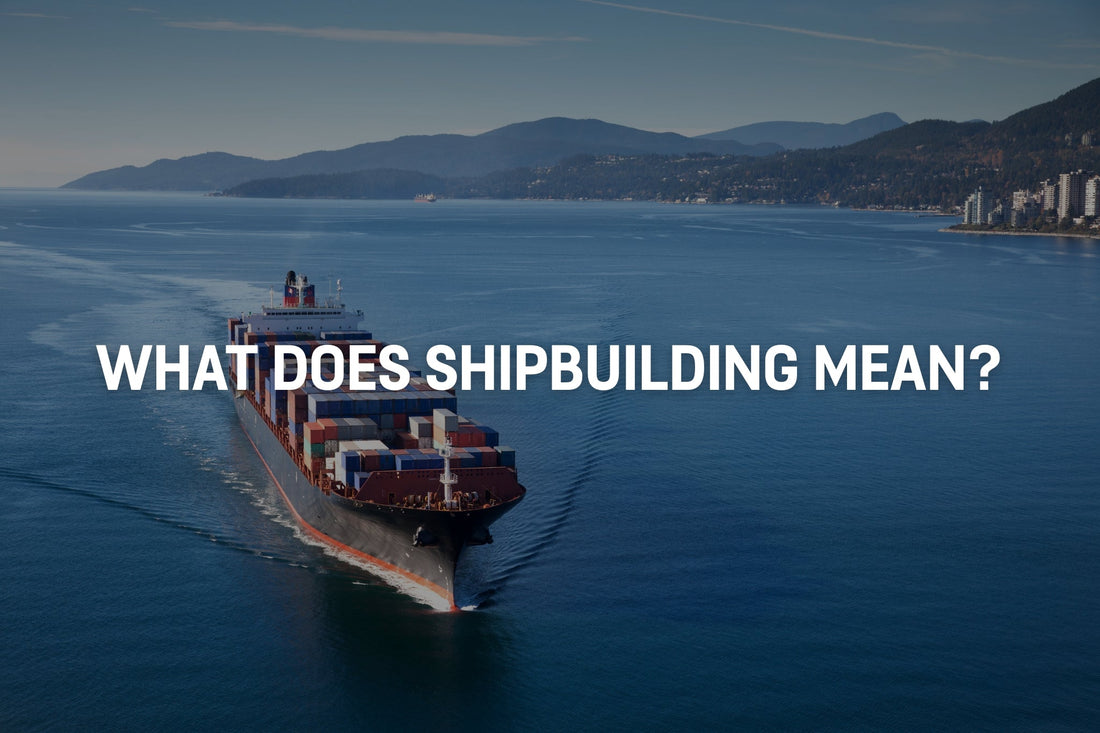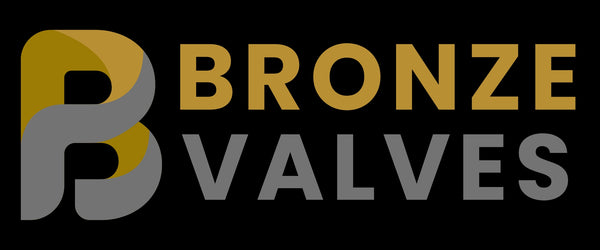
What Does Shipbuilding Mean?
Shipbuilding is the process of designing, constructing, and assembling ships and other floating vessels used for transport, trade, military, and industrial purposes. It’s one of the oldest and most vital industries in the world, combining advanced engineering, metallurgy, and precision manufacturing to produce vessels capable of withstanding extreme marine environments.
In modern terms, shipbuilding refers not only to the physical construction of ships but also to the integration of mechanical systems that ensure reliable operation — including valves, actuators, and piping networks used across various shipboard systems such as ballast control, fuel handling, cooling water, and steam distribution.
At Bronze Valve, we understand that shipbuilding relies heavily on durable, corrosion-resistant components. Saltwater exposure, fluctuating pressures, and continuous operation demand materials that can perform under intense and changing conditions — and bronze valves have long been a trusted choice for marine applications.

Why Bronze Valves Are Essential in Shipbuilding
Bronze valves play a critical role in shipbuilding because of their superior corrosion resistance, especially in seawater environments. Unlike other metals that can degrade or corrode quickly when exposed to salt and moisture, bronze maintains its integrity, making it ideal for long-term use aboard ships.
Bronze also offers excellent mechanical strength and ductility, allowing valves to withstand vibration and impact — common factors in marine operations. From ball valves used in fluid control to globe valves managing steam systems, bronze provides dependable performance where safety and reliability cannot be compromised.
Key advantages of using bronze valves in shipbuilding include:
Excellent corrosion resistance in seawater and saline conditions
Long operational life with minimal maintenance requirements
Compatibility with a wide range of fluids, including fuel, steam, and cooling water
Reliable sealing performance under varying pressures and temperatures
Compliance with international marine standards and classifications
Where Valves Are Used in Shipbuilding
Valves are found throughout every vessel, each serving a unique function that contributes to the ship’s overall operation. Some of the most common applications include:
Ballast systems: Controlling seawater intake and discharge to maintain ship stability.
Fuel handling systems: Managing fuel transfer safely between tanks and engines.
Cooling systems: Regulating flow to keep machinery at optimal temperatures.
Steam systems: Using bronze globe valves for precise flow control in heating and auxiliary operations.
Firefighting and bilge systems: Ensuring quick response and drainage control in emergency scenarios.
Each of these systems depends on valves that can endure not only constant use but also the harsh marine climate — a challenge where bronze consistently proves its value.

The Role of Bronze Valves in Modern Marine Engineering
As shipbuilding evolves with digital controls and automation, bronze valves remain a cornerstone due to their balance of durability, reliability, and ease of maintenance. Whether fitted with electric actuators for automated systems or used in manual configurations for onboard maintenance, bronze valves provide an adaptable solution for both modern and legacy ships.
At BronzeValve.co.uk, we supply high-quality bronze valves engineered for marine, offshore, and industrial applications. Our products are designed to meet the rigorous demands of shipbuilding and ship repair sectors, ensuring vessels operate safely and efficiently — voyage after voyage.

Conclusion
So, what does shipbuilding mean in the context of valves and marine engineering? It’s more than just constructing a vessel — it’s about integrating robust mechanical systems that keep ships running safely and efficiently across the globe. Bronze valves play an irreplaceable role in this process, offering unmatched reliability and corrosion resistance for marine environments.
Whether you’re maintaining existing fleets or constructing new vessels, Bronze Valve provides trusted solutions built to perform at sea.
FAQs
1. Why are bronze valves preferred in shipbuilding?
Bronze valves are highly resistant to saltwater corrosion, making them ideal for marine use. They provide long-lasting durability and consistent performance in demanding environments.
2. Can bronze valves handle steam or high-pressure systems?
Yes. Bronze globe and gate valves are often used for steam and high-pressure systems, providing excellent sealing and heat resistance.
3. What types of valves are most common in shipbuilding?
Common valve types include ball valves, gate valves, globe valves, and check valves — all vital for fluid, fuel, and steam management aboard ships.
4. How do bronze valves compare to stainless steel in marine use?
While stainless steel is strong and durable, bronze offers superior corrosion resistance in saltwater and requires less maintenance over time.
5. Does Bronze Valve supply valves for new shipbuilding projects?
Yes. Bronze Valve supplies a full range of marine-grade valves designed for both new vessel construction and maintenance projects, ensuring compliance with international standards.

